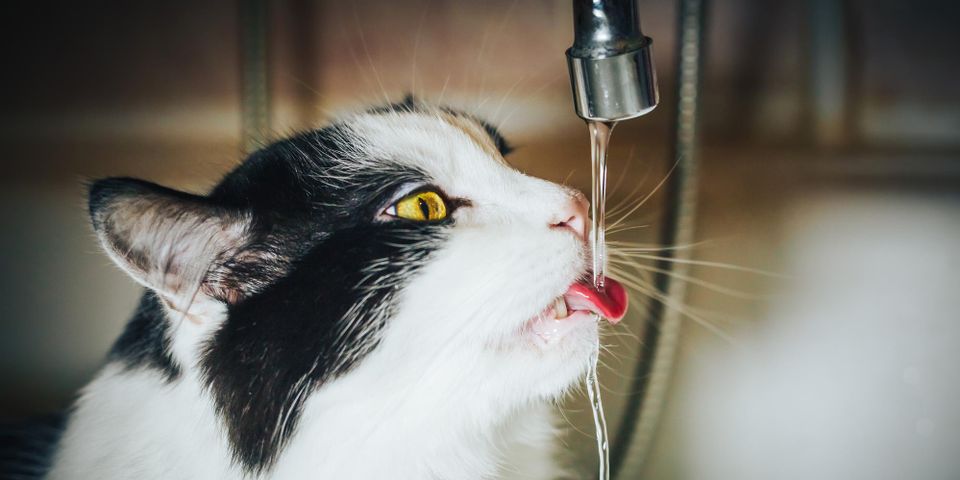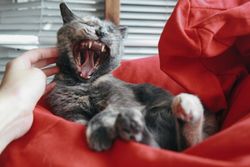5 Signs Your Cat Is Experiencing Kidney Problems

Kidneys play an essential role in your cat’s livelihood by filtering out harmful components. While these organs operate like clockwork most of the time, there are a few reasons why your pet’s kidneys may stop working properly, including infections and aging. Fortunately, if you catch the complication early, your veterinarian may be able to provide life-saving care. To help you give your four-legged friend optimal protection, here are five signs your cat’s kidneys aren’t well.
5 Common Indicators of Kidney Failure in Cats
1. Change in Urine Appearance
When the kidneys aren’t functioning properly, they can’t filter out waste in an efficient matter. This inability can lead to diluted urine, which usually takes on a clear, water-like appearance.
2. Increased Urination & Thirst
Unhealthy kidneys will require more water to process waste. As a result, cats with kidney failure will produce larger volumes of urine. In some cases, felines are unable to control their bladder and may end up having accidents around the house. If your cat is urinating more frequently throughout the day, they’ll also exhibit constant thirst as they try to replenish lost fluids.
3. Bad Breath
 If the kidneys are unable to efficiently remove waste into the urine, these components can eventually enter the bloodstream. As these acidic waste products flow throughout the body, they’ll contribute to a variety of oral health problems, including bad breath and mouth ulcers.
If the kidneys are unable to efficiently remove waste into the urine, these components can eventually enter the bloodstream. As these acidic waste products flow throughout the body, they’ll contribute to a variety of oral health problems, including bad breath and mouth ulcers.
4. Fatigue
While cats with kidney failure may urinate a lot and drink large amounts of water, they’re usually severely dehydrated. Over time, this lack of essential fluids will cause the animal to become lethargic and fatigued. Other possible signs of dehydration include dry mouth, loss of appetite, panting, and increased heart rate. Often, these symptoms can only be relieved with professional treatment a veterinarian.
5. Digestive Distress
Kidney failure can result in numerous digestive problems in cats. For example, felines tend to vomit when acidic waste from the kidneys causes ulcers along the gastrointestinal tract. Metabolic imbalances caused by kidney failure can also lead cats to experience loss of appetite, and subsequently, significant weight loss. Veterinarians will also commonly see constipation in cats that are severely dehydrated.
If you notice any of the above signs in your cat’s behavior or health, don’t wait to seek help. Instead, turn to Dr. Yoko Haneda at Kapolei Pet Hospital in Hawaii for swift, caring, and comprehensive care. Well-versed in feline health needs, this Oahu veterinarian will be able to recognize symptoms of concern, screen for kidney problems, and deliver prompt treatment to help your companion find relief. Visit their website to learn more about this local pet clinic’s services or call (808) 462-8040 to schedule a convenient appointment.
About the Business
Have a question? Ask the experts!
Send your question

